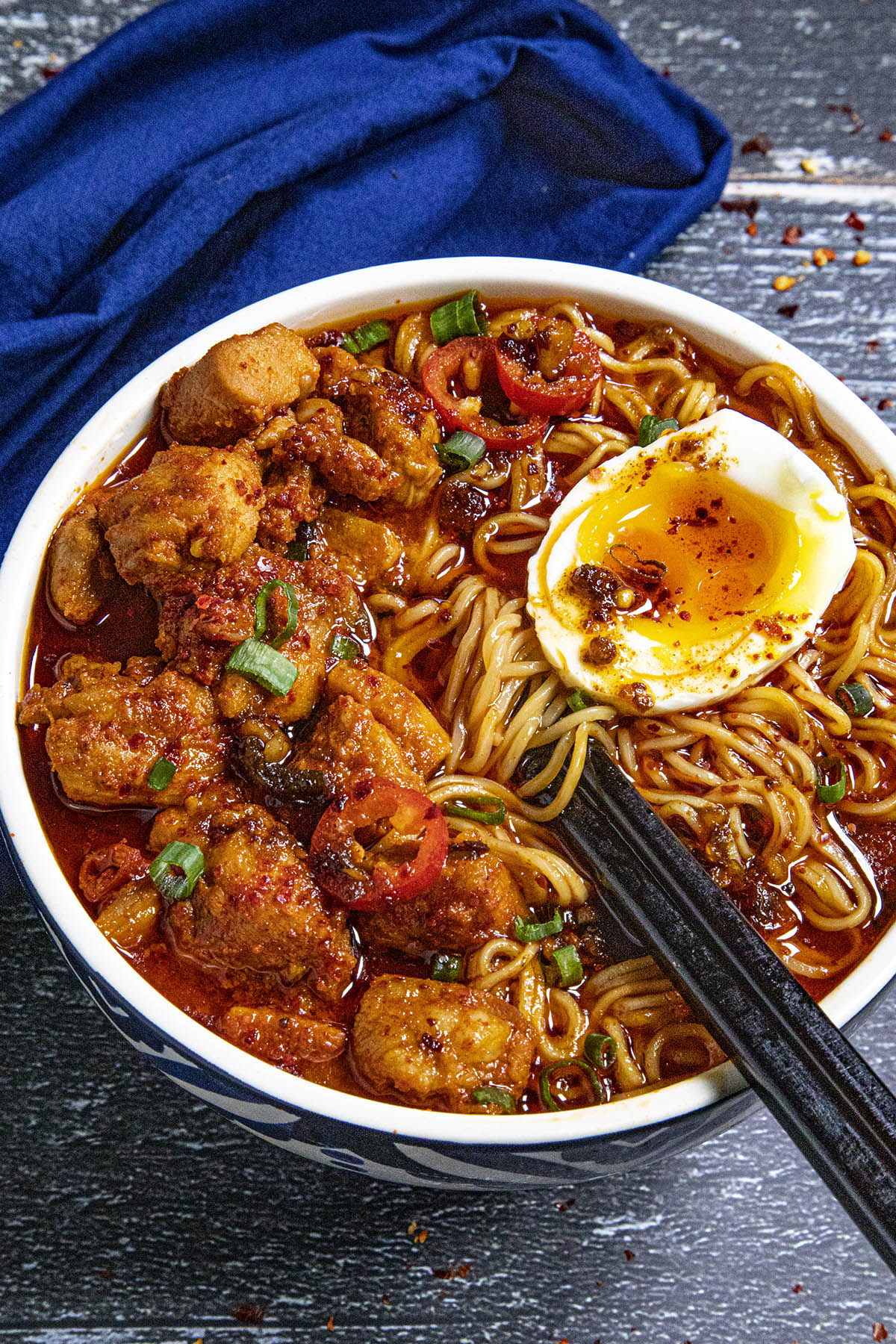The food industry is no stranger to recalls, but when it comes to popular products like Buldak Ramen, the implications can be widespread and concerning. Recent reports of bacterial contamination in Buldak Ramen have prompted public health officials to issue recalls, leaving many consumers wondering about the safety of their favorite instant noodles. This incident raises serious questions about food safety protocols and the measures taken to ensure that products reaching consumers are free from harmful bacteria.
As Buldak Ramen continues to gain popularity worldwide, especially among younger consumers seeking quick and flavorful meals, the recall highlights a critical need for transparency in food production. The urgency of this matter is not just about the noodles themselves but also about the potential health risks associated with consuming contaminated food products. In this article, we will delve into the details surrounding the Buldak Ramen recall and the bacterial issues that have emerged.
Understanding the risks associated with foodborne illnesses is vital for consumers, especially when enjoying trendy products like Buldak Ramen. This article will address the key questions regarding the recall, the implications of the bacterial contamination, and how consumers can stay informed and safe moving forward.
What Led to the Buldak Ramen Recall?
The Buldak Ramen recall was initiated after routine testing indicated the presence of harmful bacteria in certain batches of the product. These tests raised alarms and prompted the manufacturer to take immediate action. However, what exactly are the bacteria found, and what risks do they pose to consumers?
What Types of Bacteria Were Detected?
While the specific types of bacteria involved in the Buldak Ramen recall have not been disclosed, common foodborne pathogens such as Salmonella and E. coli are often the culprits in food recalls. These bacteria can lead to serious health issues, including gastrointestinal distress, fever, and in severe cases, hospitalization.
How Can Consumers Identify Affected Batches?
To protect yourself, it's essential to be vigilant about product recalls. The manufacturer typically provides details about the affected batches, including expiration dates and lot numbers. Consumers can also check the official website or the FDA's recall page for the most up-to-date information. Here’s how to identify affected batches:
- Check the packaging for lot numbers and expiration dates.
- Visit the manufacturer's website for recall announcements.
- Monitor news sources for updates on food recalls.
What Should You Do If You Have Buldak Ramen at Home?
If you find that you have purchased a batch of Buldak Ramen that is under recall, it is crucial to follow the recommended steps to ensure your safety.
How to Safely Dispose of Contaminated Products?
For those who have affected products, disposal is key. Here are the steps to safely dispose of contaminated Buldak Ramen:
- Do not consume the product.
- Seal it in a plastic bag to prevent cross-contamination.
- Dispose of it in your household trash.
Can You Get a Refund or Replacement?
Most manufacturers offer refunds or replacements for recalled products. Consumers should contact the retailer where the product was purchased or the manufacturer directly to inquire about return policies.
How Does Bacteria Contamination Occur in Food Products?
Understanding the root causes of bacteria contamination in food products can help consumers be more aware of what to look for. Bacteria can infiltrate food products at various stages, including:
- During production or processing.
- Improper handling by food service workers.
- Inadequate cooking temperatures.
What Measures Are in Place to Prevent Future Recalls?
Following incidents like the Buldak Ramen recall, manufacturers are often prompted to review their safety protocols. Steps that can be taken include:
- Enhancing quality control measures.
- Implementing stricter hygiene practices.
- Conducting regular testing for contaminants.
What Are the Health Risks of Consuming Contaminated Ramen?
Consuming products contaminated with harmful bacteria like those that may have been found in Buldak Ramen poses significant health risks. Symptoms of foodborne illness can vary but commonly include:
- Nausea and vomiting.
- Diarrhea, which may be bloody.
- Abdominal cramps.
- Fever and chills.
Who Is Most At Risk?
Certain populations are more vulnerable to foodborne illnesses, including:
- Children under five years old.
- Pregnant women.
- Older adults over sixty-five.
- Individuals with weakened immune systems.
What Can Consumers Do to Stay Safe?
Staying informed is essential for consumers who want to safeguard their health. Here are some tips to keep in mind:
- Stay updated on food recalls through official channels.
- Practice safe food handling and cooking practices.
- Be cautious with products that have a history of recalls.
Conclusion: The Importance of Food Safety Awareness
The Buldak Ramen recall serves as a stark reminder of the importance of food safety and public health awareness. By understanding the risks associated with bacterial contamination, consumers can make informed choices and protect themselves and their families. It is essential to remain vigilant and proactive in ensuring that the food we consume is safe and healthy.
The food industry must continually strive to improve safety protocols and maintain transparency with consumers. Together, we can work toward a safer food environment for everyone.
Unveiling The Life And Career Of Jon Knight
Ramen Noodles: A Culinary Trend That Took A Dark Turn In 2024
Unveiling The Charismatic World Of Wild N Out Girls


